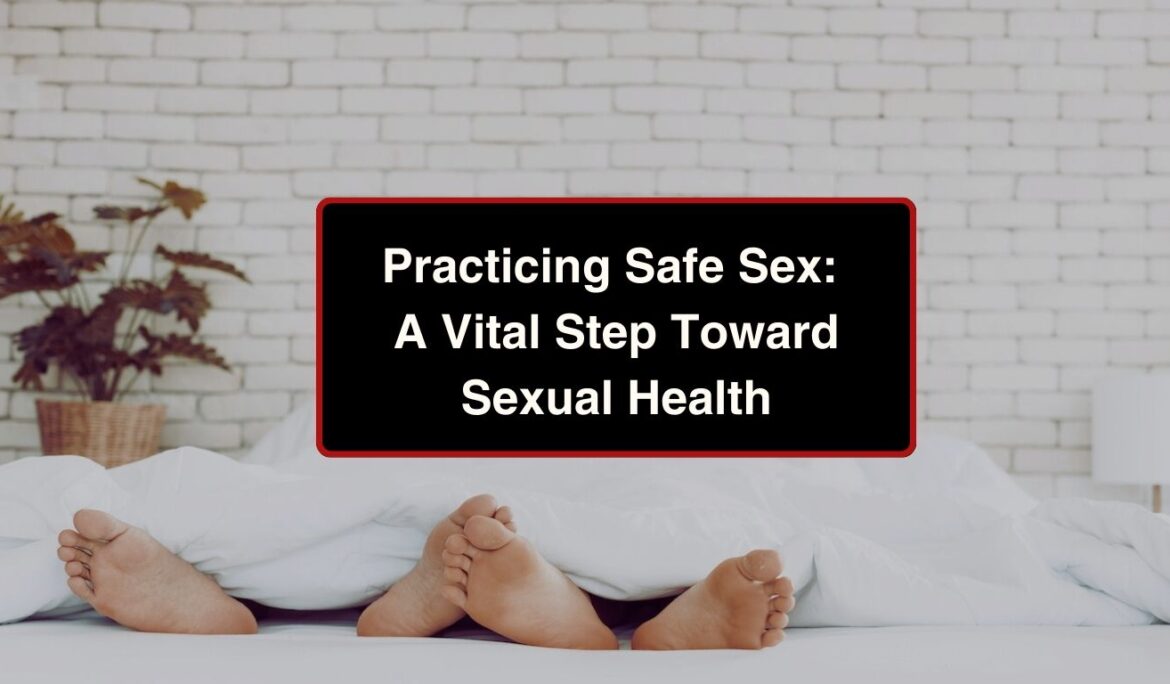Practicing Safe Sex: A Vital Step Toward Sexual Health

September is Sexual Health Awareness Month. Sexual health is a topic that often remains in the shadows but is essential for maintaining a healthy and fulfilling life through safe sex and preventing sexually transmitted infections (STIs). Discussing sexual health can be uncomfortable for many, but it’s crucial to break the silence and equip ourselves with knowledge and practices to protect us and our partners.
Why Safe Sex Matters
Safe sex is about preventing unwanted pregnancies and safeguarding your and your partner’s health. Each year, millions of people contract STIs. This year alone, reports show that STI outbreaks are rapidly increasing. By practicing safe sex, you can significantly reduce the risk of acquiring or spreading these infections.
Ways to Practice Safe Sex
Use Condoms: Condoms are one of the most effective methods of preventing STIs and unintended pregnancies. Always have condoms readily available, and use them consistently and correctly during vaginal, anal, or oral sex.
Get Tested Regularly:
Regular STI testing is crucial, especially if you are sexually active with multiple partners or have a new sexual partner. Knowing your STI status allows you to take appropriate actions for your health and protect your partners.
Communicate Openly:
Honest and open communication with your sexual partner(s) is essential. Discuss your sexual history, concerns, and any STIs you may have or have had. Doing so can help you make informed decisions about your sexual health.
Know Your Partner’s Status:
Encourage your partner(s) to get tested. It’s essential to have a mutual understanding of each other’s sexual health to make informed choices.
Consider Pre-Exposure Prophylaxis (PrEP):
If you are at high risk for HIV, PrEP can be a valuable tool in preventing transmission. Consult with a healthcare professional to determine if PrEP is right for you.
Limit the Number of Sexual Partners:
Reducing the number of sexual partners can lower your risk of exposure to STIs. While it’s important to enjoy a fulfilling sex life, choosing fewer committed partners can help protect your health.
Stay Vaccinated:
Some STIs, like HPV and Hepatitis B, can be prevented through vaccination. Talk to your healthcare provider about the vaccines that are right for you.
Practice Good Hygiene:
Maintaining good personal hygiene can also promote sexual health. Remember to wash all parts of your body to prevent the spread of bacteria.
Avoid Risky Behaviors:

Refrain from sharing needles, drug equipment, or sexual activities that may increase your risk of STIs.
Sexual health is an important part of overall well-being, and it’s essential to prioritize it in your life. By practicing safe sex and being proactive about your sexual health, you can reduce the risk of contracting or spreading STIs, ultimately promoting a healthier and happier life for yourself and your partners.
This Sexual Awareness Month, make it a priority to know your status. We can help you find a testing location near you. Remember, knowledge is power when it comes to sexual health. It’s never too late to start taking proactive steps toward a healthier future.

